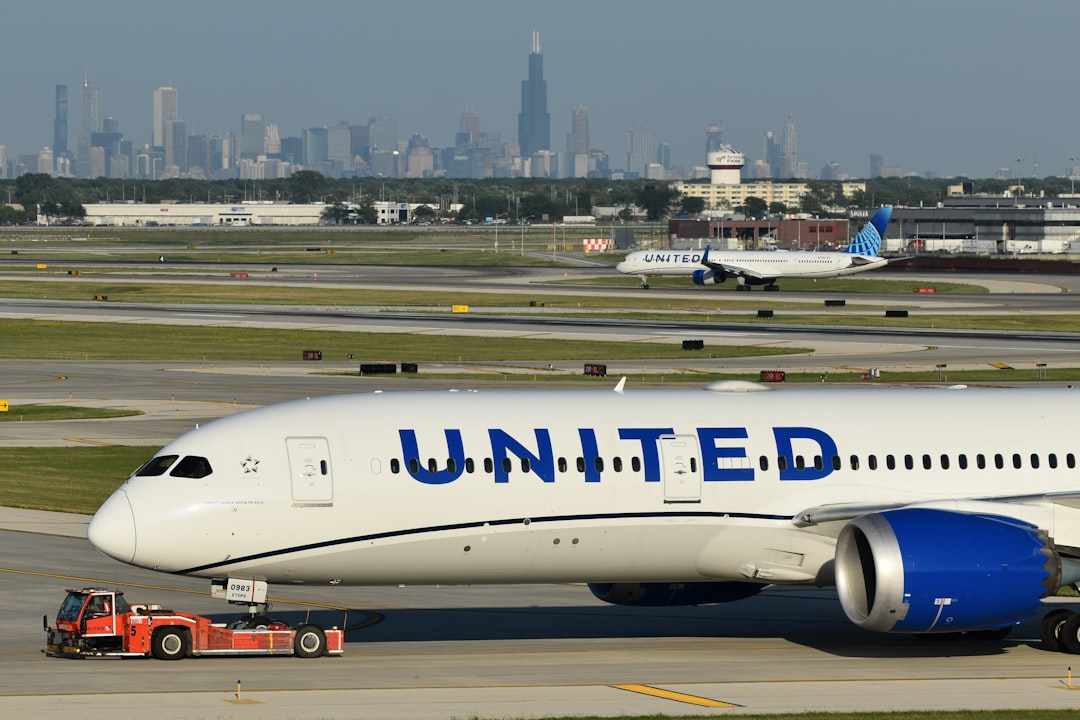(PORTLAND, OREGON) A former Alaska Airlines pilot who tried to shut down a passenger jet’s engines in midair in October 2023 was spared additional prison time on Monday, in a case that has drawn national attention and raised fresh questions about mental health, public safety, and how serious criminal convictions can affect aviation workers’ careers and immigration options.
Joseph Emerson, 44, was sentenced in federal court to time served and three years of supervised release, meaning he will not return to prison for his actions on the Alaska Airlines flight that diverted to Portland. In a separate state case, an Oregon judge ordered 50 days in jail with credit for time already served, five years of probation, 664 hours of community service, and more than $59,000 in restitution to Alaska Air Group and others.

What happened on the flight
Emerson had been riding in the cockpit jump seat as an off-duty pilot when, according to court records, he tried to pull the fire suppression handles that would have cut fuel to both engines. The aircraft, carrying 84 people including 11 children, was headed to San Francisco when the crew restrained him and diverted to Portland, where it landed safely.
Prosecutors said the two working pilots, Captain Emil Rhyr and First Officer Allan Kisel, acted quickly to stop a potential disaster.
Criminal charges and pleas
In state court, Emerson pleaded guilty to:
- 83 counts of recklessly endangering another person (felonies)
- 1 count of recklessly endangering an aircraft (felony)
Multnomah County District Attorney Nathan Vasquez emphasized the seriousness of the offenses and said:
“Joseph Emerson absolutely put their lives in danger with his actions… Their quick actions… saved a lot of lives that day. I’m so thankful that this wasn’t a tragedy.”
Vasquez also noted Emerson is “now a convicted felon” who “will be on formal probation for 60 months” and must complete 664 hours of community service.
Timeline and legal outcome
- The incident occurred in October 2023.
- Sentencing in Portland concluded the two-year legal process on November 17, 2025.
- Federal sentence: time served + three years supervised release.
- State sentence: 50 days jail (credit for time served), 5 years probation, 664 hours community service, and >$59,000 restitution.
Vasquez commented on Emerson’s future in aviation: “Do I think he’ll ever fly again? Absolutely not. Do I think that’s appropriate? Of course I do.”
Mental health and substance use details
Emerson told investigators he had taken psychedelic mushrooms and had not slept for 40 hours before boarding the plane. He later described his actions to police as an effort to “wake himself up from a bad dream,” and admitted, “I was not OK.”
Those admissions prompted broader conversations about:
- How airlines screen pilots
- How mental health issues are handled in the industry
- Consequences for non-citizen crew members with serious criminal cases
Victim impact and courtroom remarks
In court, Emerson expressed deep remorse:
“I regret the harm that I caused. I regret the harm I caused to every single person on board that airplane, crew members and guests. I regret the harm I caused to society.”
A victim who addressed the judge described ongoing emotional trauma and argued the negotiated deal was insufficient. Vasquez said victims’ participation is important to the process and added that the judge and Emerson “were receptive” to the victim’s statements.
Immigration consequences and professional impact
While Emerson’s citizenship status has not been central to this case, immigration lawyers warn such incidents can reshape someone’s future—especially for non-citizen pilots and crew.
Key points:
- Under federal law, certain convictions related to public safety and transportation can trigger serious immigration consequences for non-citizens, including:
- Loss of work authorization
- Visa revocation
- Removal proceedings handled by DHS
- Official guidance is available on the Department of Homeland Security website: https://www.dhs.gov
Analysis by VisaVerge.com highlights that aviation professionals on temporary visas or green cards may simultaneously face criminal and immigration systems after a major incident in U.S. airspace. Even when judges impose no additional prison time, a felony conviction can:
- Block future visa renewals
- Impede security clearance checks
- Close cross-border flying opportunities vital to many pilots’ careers
Employers may also be required to report serious incidents to U.S. authorities, prompting separate immigration reviews for non-U.S. citizens.
Licensing, employment, and moral character implications
Criminal sentencing interacts closely with professional licensing:
- Aviation licenses are regulated by aviation authorities (not immigration agencies), but convictions can still preclude meeting “good moral character” and security standards required for visas or citizenship.
- A serious conviction can make it nearly impossible to obtain or renew work visas, secure extensions, or pursue U.S. citizenship.
- Even if a worker avoids removal, a felony may allow them to remain in the U.S. while preventing them from working in their trained field.
Broader effects on passengers, crew, and the industry
For passengers and crew who were on that flight, the legal outcome may represent only part of a long recovery. The victim who spoke at sentencing described continuing fear and anxiety related to flying—a common reaction after traumatic events aboard aircraft.
Mental health experts note such reactions can be more complex for immigrants and dual citizens who travel frequently for work or family reasons because air travel is often integral to their daily lives.
For airlines and regulators, this case is likely to:
- Prompt reviews of mental health reporting rules for pilots
- Re-examine drug and alcohol policies
- Strengthen support systems for crew members showing signs of distress
Industry observers have renewed calls for robust confidential reporting channels so pilots who are struggling feel safe seeking help before a crisis occurs in the cockpit.
Public reaction and sentencing debate
The federal agreement to time served sparked debate. Some members of the public wanted a longer prison term for trying to shut down an aircraft’s engines in flight. Supporters of the plea point to:
- Emerson’s cooperation
- His lack of prior criminal history
- The absence of physical injuries on the flight
They also note that, despite shorter incarceration, Emerson faces long-term consequences: a felony record, lengthy probation, extensive community service, and a substantial restitution bill, all of which profoundly alter his personal and professional life.
Closing thoughts
Emerson’s sentencing closes a legal chapter, but the case’s effects will reverberate in aviation, public safety, and immigration discussions for years.
The image of a calm landing in Portland after a cockpit struggle—and the knowledge that 84 lives depended on split-second decisions by Captain Rhyr and First Officer Kisel—is a powerful reminder of:
- The trust passengers place in flight crews
- How a single moment can change a career, a community, and the rules governing who can work in the skies
This case underscores the need for ongoing attention to mental health, safety protocols, and the intersection of criminal law and immigration for airline personnel. 🇺🇸
This Article in a Nutshell
Joseph Emerson, 44, a former Alaska Airlines pilot, attempted to pull fire suppression handles midflight in October 2023. The crew restrained him; the plane of 84 passengers diverted safely to Portland. Federally he received time served and three years supervised release; state penalties include 50 days jail (credit), five years probation, 664 hours community service, and over $59,000 restitution. Emerson admitted psychedelic mushroom use and extreme sleep deprivation, prompting concerns about pilot mental health, licensing, and immigration consequences for noncitizen crew members.






